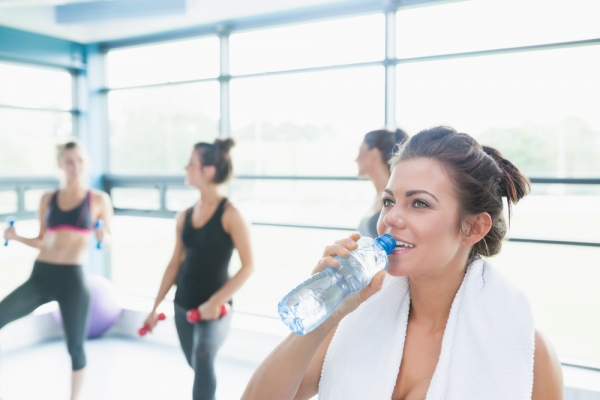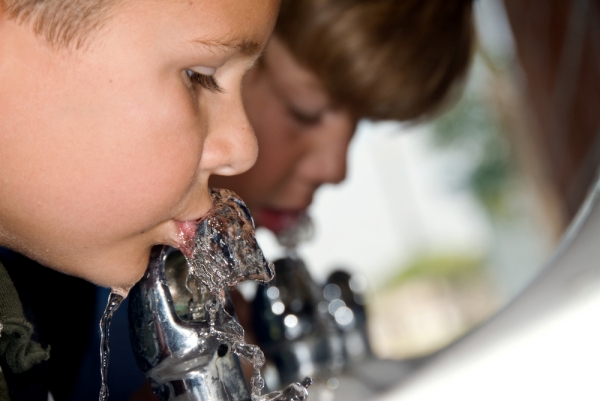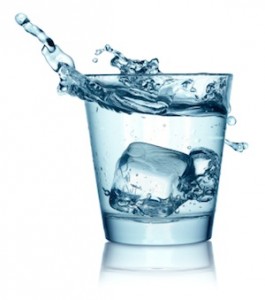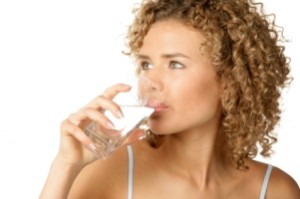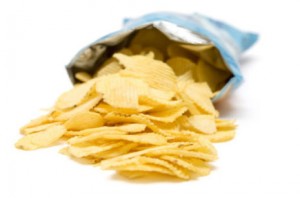The New Year’s celebration is one of the biggest in the world. For many, the revelry involves alcohol, and lots of it. But when a new day (and year) dawns, party goers often feel the aftereffects of their festivities in the form of a nasty hangover.
If this is your predicament, don’t reach for greasy foods, caffeine, or medications, which can worsen the effects of alcohol on your body. Use these natural remedies instead for a fast and healthy hangover recovery.
1. Water
One of the most tried-and-true, widely recognized remedies for too much alcohol is to drink lots of water. Many hangover remedies sound strange and follow bad logic, and will probably not do any good, but this simple tip makes sense. Water will dilute the alcohol in your body, minimize alcohol’s dehydrating effect on your body, and flush out toxins. Try to stay hydrated before, during, and after drinking and its negative effects will diminish considerably.
2. Fruit and fruit juice
Once you’re properly hydrated, start replenishing the vitamins you’ve lost and get your blood sugar back to normal with a tall glass of juice. Orange or tomato juice will replenish lost vitamins and contain natural sugars to help your body metabolize alcohol faster. Bananas are great for restoring depleted potassium levels associated with overindulging, and they have magnesium, beneficial for headaches. If you don’t have any fruit juice, down a Gatorade or other electrolyte-containing sports drink.
3. Ginger
Ginger has been used for centuries as an aid for motion sickness, nausea, and vomiting. Brew some ginger root tea for soothing relief, or pop open a ginger ale for a quick fix. (more…)

